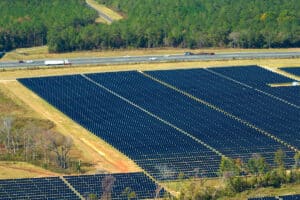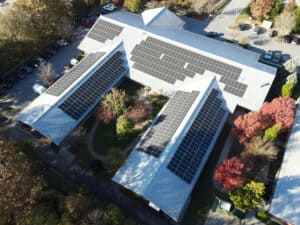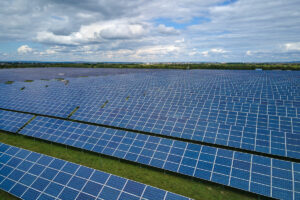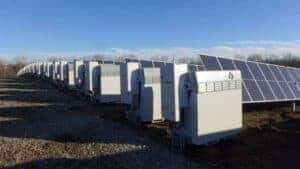The debate on the lifetime of a commercial HVAC system is ongoing. Advancements in HVAC technology have extended the life cycle of almost every product in the industry while also creating a need to replace equipment more frequently as more efficient commercial HVAC equipment seems to be coming out every year.
As efficiencies increase and operational costs decrease, the debate continues. Although we don’t have an exact answer, we do have general expectations and an understanding of factors that affect the HVAC lifespan.
What is the average life expectancy of a commercial HVAC System?
The life expectancy of commercial HVAC units is typically 15 to 20 years however it depends on a number of factors.
What factors can affect the lifespan of a commercial HVAC system?
1. Proper Maintenance
Proper maintenance of your commercial HVAC system is key for any building wanting a system to last over 20 years. Without proper maintenance, even the best built systems will fail before reaching their maximum use lives.
Proper maintenance implies that preventative maintenance is being done which is typically completed on a schedule. For example, your office’s air filters should be checked and possibly replaced every 2 months. Other types of preventative maintenance include cleaning the air ducts and external and internal components of the system, replacing any worn parts, and having a professional HVAC inspection performed at least once a year by a licensed contractor.
2. Outside Stressors
Outside stressors that can affect a commercial HVAC lifespan include climate and weather conditions. In warmer climates, the heat pump or a/c may be more affected but in a colder environment, the furnace will receive more wear and tear. Also, the intensity of a certain use whether for hot or cold air can affect an HVAC system’s lifespan.
According to Air Conditioning, Heating, and Refrigeration News, inside stressors in a building can even be chemicals given off from cleaning supplies as well as outgassing from new materials like carpets or wood. Those chemicals are causing the indoor coils — particularly the copper — to wear out more quickly.
3. Installation Quality
The quality of installation will also affect the overall lifespan of your commercial HVAC system. It’s important to ensure that the installation of the system is completed by a qualified and experienced HVAC professional. With an expert’s help with installation, you can rest easy that the size of the unit is appropriate in relation to the ductwork size and size of the building — both factors, if not thought out properly, can take years of your commercial HVAC system.
Average life of individual parts of the commercial HVAC system
On average, here is the lifespan of individual parts of your commercial HVAC system.
- Air Conditioner: 15-20 years
- Furnace: at least 20 years
- Heat Pump: 15 years
- Boiler: 20-35 years
Contact Us
At EnergyLink, we are committed to helping our clients find energy-saving solutions even in this challenging time. For more information on commercial HVAC systems and how to properly maintain yours, contact us!






